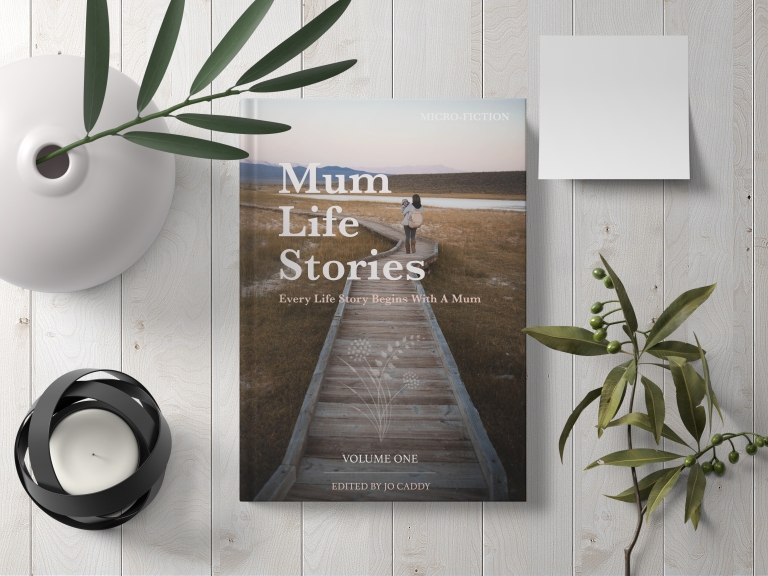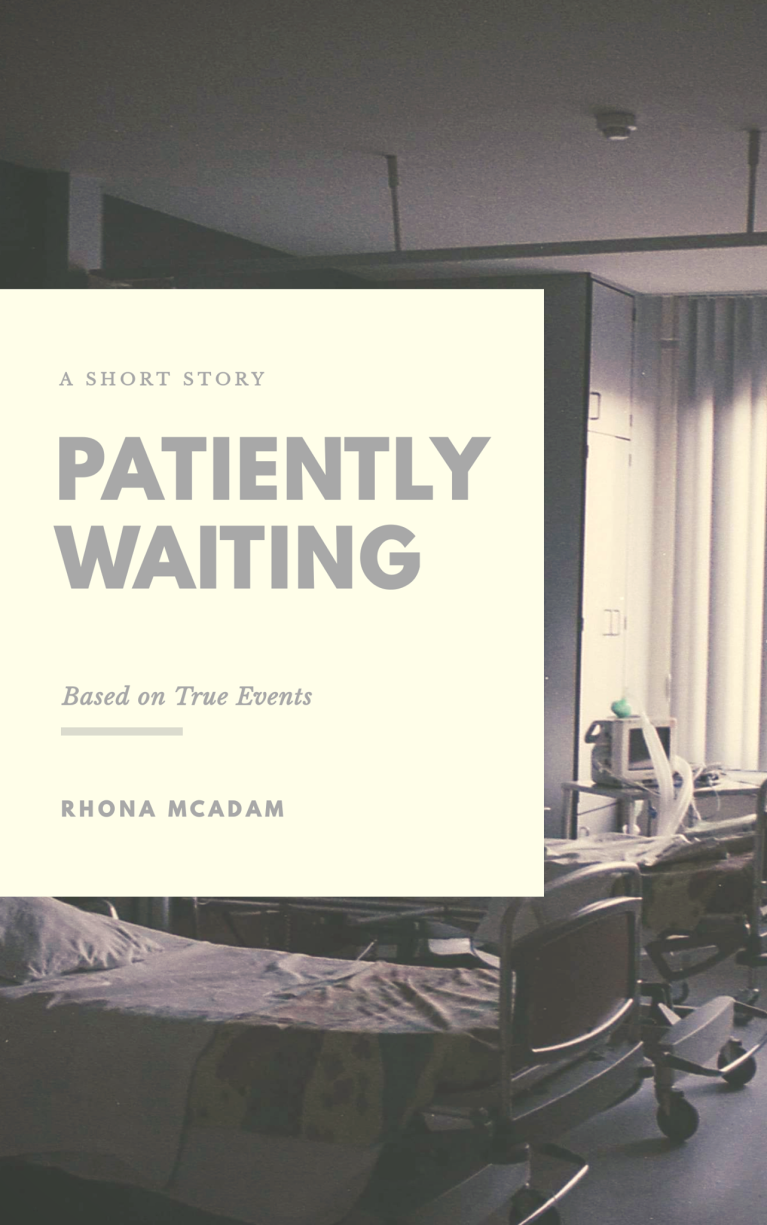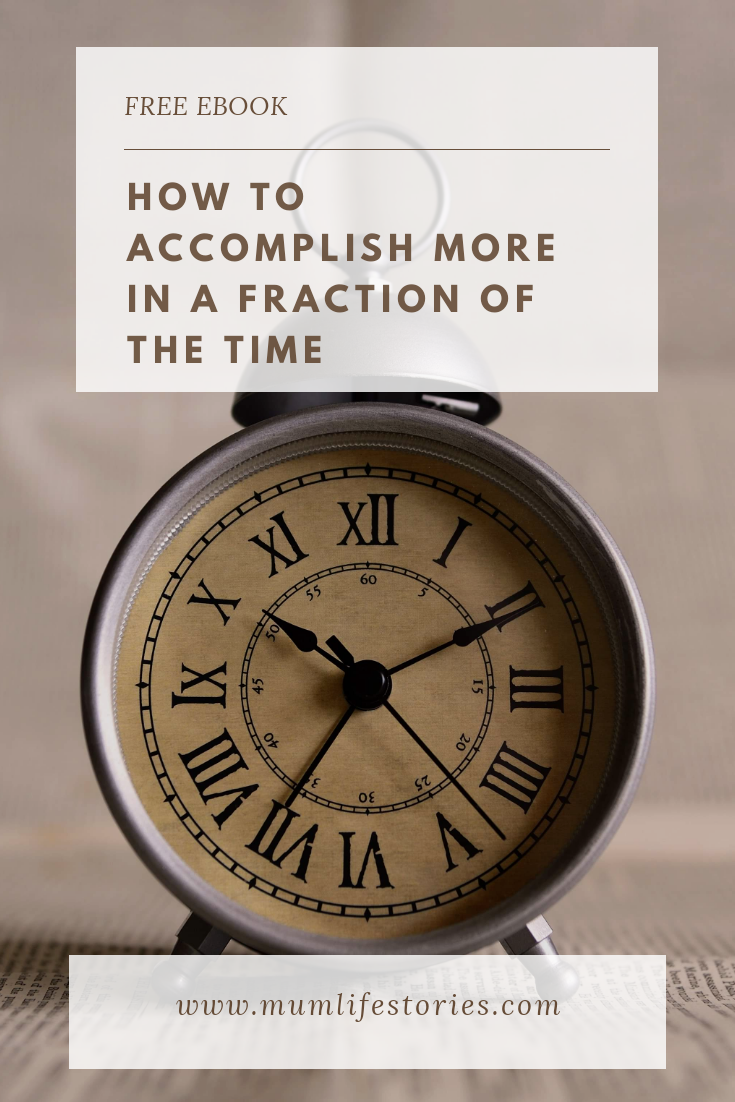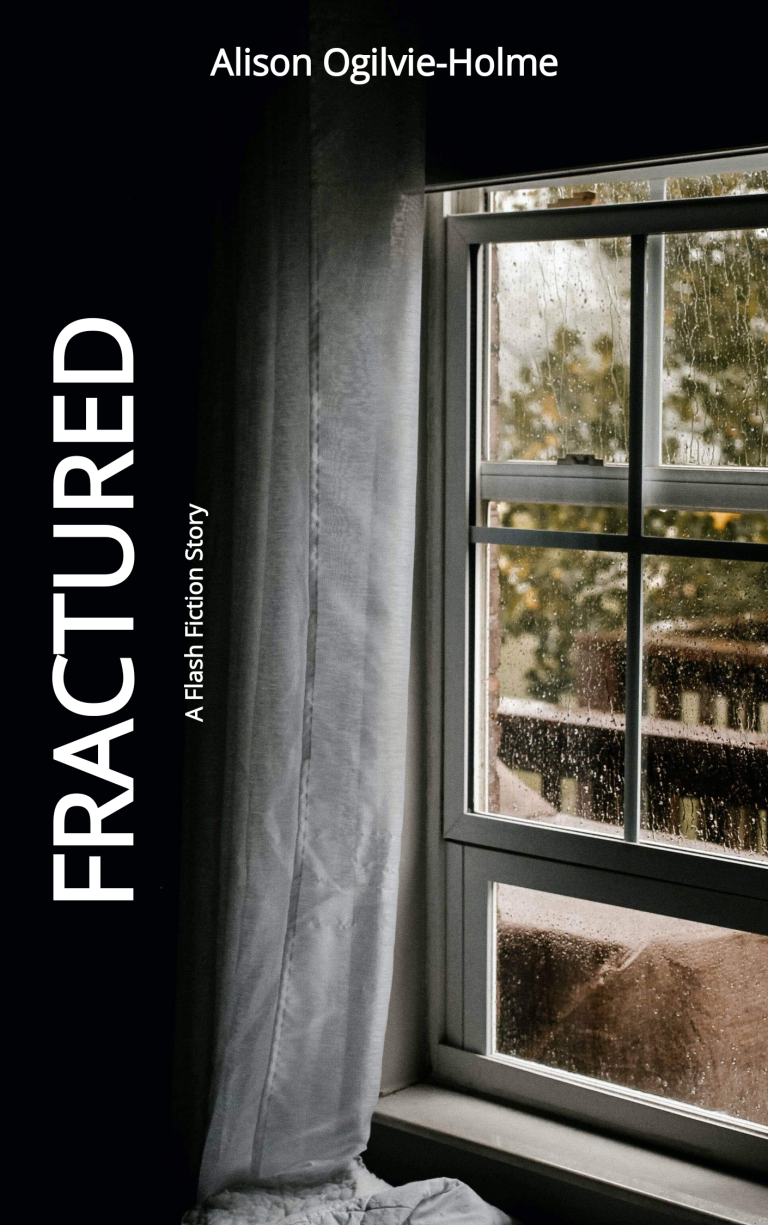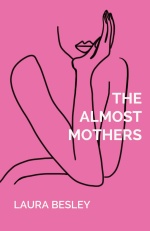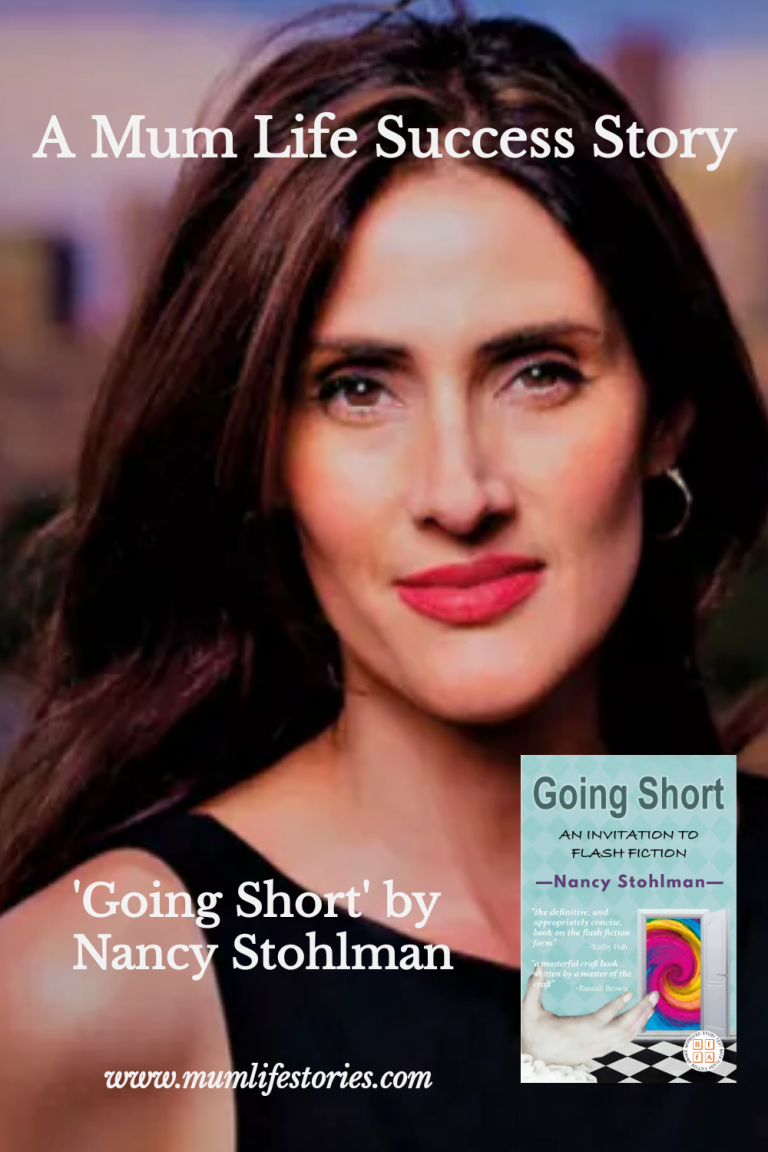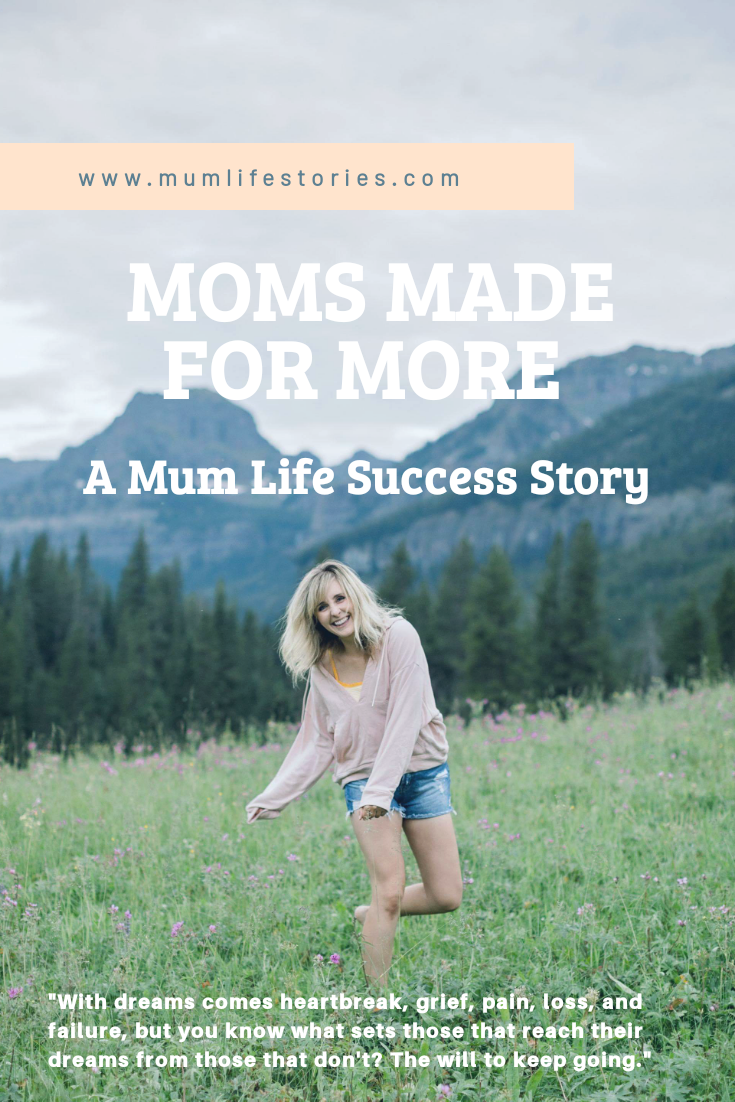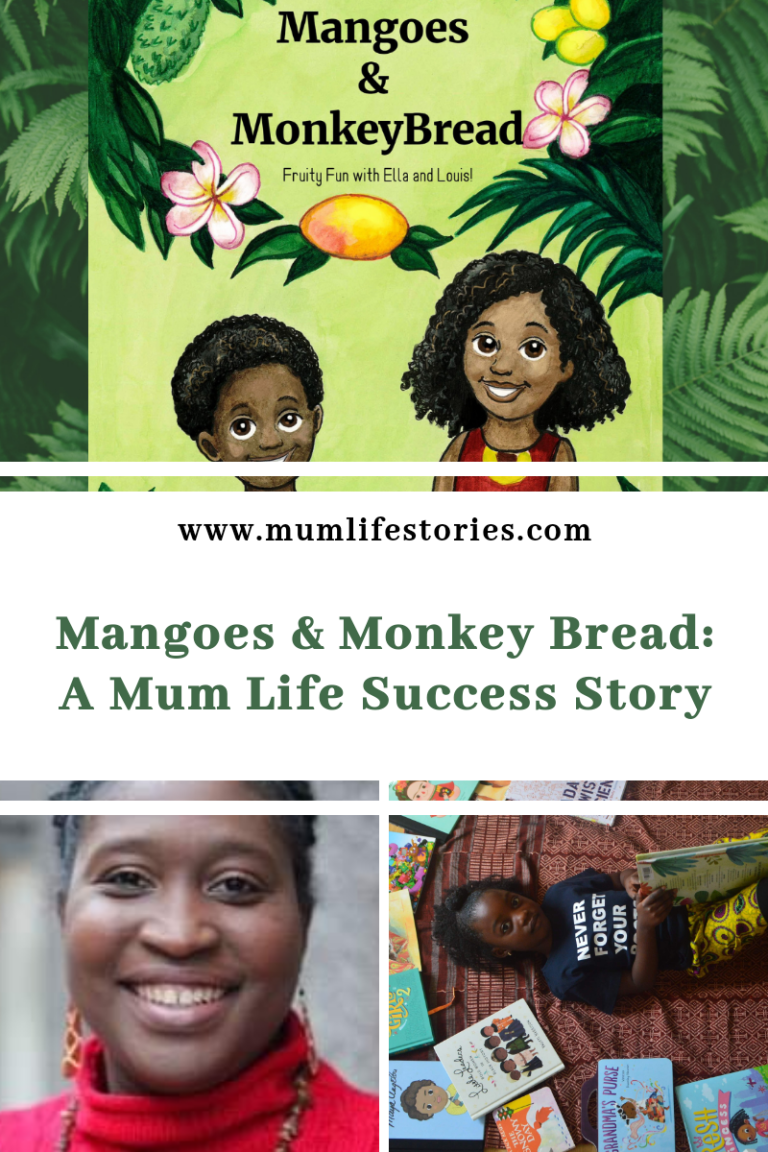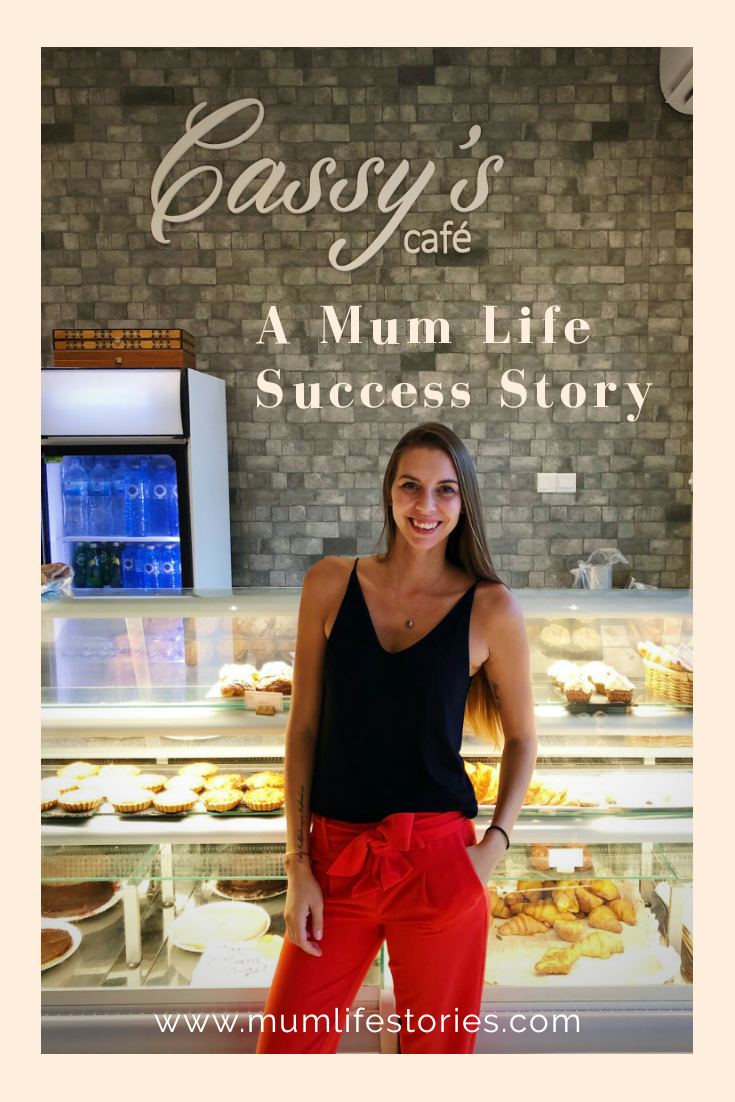I’d like to thank Rhona McAdam of Scotland for her short story submission “Patiently Waiting” a wistful behind-the-scenes look into the private world of a Mother and full-time carer. Based on true events.
Rhona McAdam is studying for a Degree in Creative Writing and English Literature at the Open University. She found time to take this course and pursue her dream of writing after taking redundancy a few years ago. She is mum to two adult children, one of them disabled and has written several short stories, including true stories about having a child with a disability. She enjoys writing crime and mystery fiction. She also writes plays and is a member of the Citadel Arts Playwriting Group. She lives in Edinburgh.
This page contains affiliate links which may earn me a small commission if you click through and make a purchase. Affiliate links are how I keep this blog running, thank you.
Photo by Daan Stevens on Unsplash
Patiently Waiting
We are waiting for an ambulance. After a week of various diagnoses my son is feeling sick, not eating, not drinking, and not taking his medicine.
“I think you’d be better off in hospital. Where we can find out what’s going on with you,” says Robert, his respiratory nurse. “Are you Ok with that?”
“Yeah,” Calum says.
I look at him, long body propped up in bed, face the colour of curdled milk, and can only agree. He’s an adult now, but he needs support from me. He is disabled – not able to walk, not able to lift his arms, not able to scratch his head, not able to get out of bed without a hoist.
I have mixed feelings about him going to hospital. I’m sure he has them too. Yes, it’s the best place for him, to be monitored, tested and treated. But hospital brings up the spectre of his ten weeks’ stay in the Sick Kids, with increasingly invasive procedures to help rid him of Pneumonia.
“There’s a place for him in the High Dependency Unit, better he’s there, they’re experts in the ventilation equipment he uses. Good to get there during the day.”
Of course, it’s not so simple to get to hospital; there is a layer of bureaucracy to get through. The GP must be summoned. When she arrives, she puts the peg like monitor on his finger, listens to his chest, takes his blood pressure.
“Yes, oxygen saturation levels low, blood pressure low. No problem going to hospital. I’ll phone and get an ambulance sent.”
When she leaves, I hover by his bedside, helping him to cough (he has equipment for this – a vampiric hoover for the lungs). I glance out of the window at the sunlit street; parked cars are scattered about, plenty of room for an ambulance.
Two hours later, we are still waiting. Bubbles of foam have been coming up from his chest. This would be alarming if was you or me, but it’s the sort of cough he can have and as long as it’s white, and not yellow or green, he’s doing all right. It’s oddly normal.
My mobile phone chirps at me. A voice says: “Hello, this is the ambulance service. We are experiencing a very high demand just now. We’ll get to you as soon as we can. Has there been any change?”
“No, no change,” I say.
How bad to you need to be?
“Phone us back if there is any worsening of his condition.”
Two hours later, we are still waiting for the ambulance. The phone chirps again. The conversation is repeated. The coughing fits continue. He’s only had a few hummingbird-like sips of fluid all day. His medicines, in liquid form, come bubbling up as if from a blocked drain.
A further two hours pass and we are still waiting for the ambulance. The phone chirps and I have the same scripted conversation. Calum’s been in bed for a week; the sheets are starting to smell musty as if wet dogs have been sleeping there. The coughing fits continue. He’s given up on the sips of water.
My back is getting sore, standing looking out of the window. Why do ambulances seem to be all around when you don’t need them – their distant cries sounding from the bypass, screeching and bustling through town on a weekend?
But we are still waiting. The phone chirps again. It is evening now; the sunset is blazing off the windows of the bungalow opposite, making shadows gather in the corners of Calum’s bedroom, my focus still switching between his face and the street outside.
“Hello this is the ambulance service. We are experiencing an unusually high demand-“
“Have you any idea when one will come?”
“No sorry, no idea. But let us know if your son’s condition worsens.”
It’s only September. What will it be like, trying to get to hospital in the winter?
My stomach is swirling with hunger. I don’t want to start eating, in case the ambulance arrives – it surely can’t be long now – and it seems unthinking to eat a sandwich in front of him, because how must he be feeling? He’s not eaten for a week, and he wasn’t eating very much before that.
Photo by Perfecto Capucine on Unsplash
Two hours later, the phone chirps again.
“Hello, this is the ambulance service, we are still experiencing a very high demand. Is there any change in his condition?”
I don’t want to exaggerate. After all I’ve seen him worse than this – hard to believe – bringing up waves of yellow gunk from his lungs (secretions, they call it). In the intensive care department, lights low, machines beeping, wires attached, the tube down the throat ventilator, then the really bad one, the one that shook him at the same time.
“Yes, he does seem worse now, he’s very white, he’s breathing fast and his heart is racing. And he’s had no drinks or medicine all day.”
“Ok, we’ll prioritise this call.”
It’s dark outside now, but the curtains remain watchfully open, and at last we see the blue light of the ambulance. It parks outside, and two paramedics bustle in, all efficiency and kindness.
“What’s the problem?” one asks as she clips on a finger probe.
I answer for him as I can see from his face that he is past speaking. “Breathless, coughing, being sick, not eating, not drinking, urine and chest infections,” I chant.
They get a tank of oxygen, and fiddle around with a tube to get it through his ventilator. We have a sign on the wall – Do NOT give oxygen without ventilation to this patient. The ventilator whooshes and swooshes like Darth Vader in Star Wars (one of his favourite films). I often wake up and listen for the reassuring noise in the middle of the night – he is still breathing. A blood pressure cuff is squeezing his famine thin arm.
“Is his blood pressure usually this low?”
“I don’t know.”
“Well it’s maybe just lack of fluids. Let’s get him to hospital.”
A trolley from the ambulance is clanked in and manoeuvred round his equipment. He has an electric wheelchair, hospital style bed, ventilator, spare ventilator, cough assist machine, nebuliser, suction machine – the machines have multiplied over the years.
“He has a bed in the High Dependency Unit at the Western General,” I say. “Or at least he had, eight hours ago.”
A look passes between the two women. “We’re really meant to take him to the Royal Infirmary if it’s a priority call,” one of them says.
It’s not the fault of the paramedics. There is no point getting angry at them, or the people on the phone. It won’t help. But what do you have to do to travel four miles to a hospital?
The other paramedic must see the look on my face. “I’m sure we can manage that, we’ll take you to the receiving unit at the Western, not sure we can take you direct to the HDU.”
“That’s fine.” Relieved to be heading off at last. To the right hospital.
We wobble along quiet midnight streets. When we get there, the hospital is not busy; guilt creeps in – have we beaten a commuter like rush of non-urgent cases?
A nurse takes him into a searingly lit cubicle, scented with disinfectant. I repeat my incantation. “Breathless, coughing, being sick, not eating, not drinking, urine and chest infections.”
She hooks him up to a monitor. A Doctor comes in; she is pale with dark shadows under her eyes. She rummages for a vein, puts a cannula in and draws blood from his arm. The same incantation of symptoms. An additional chant of his medication. Colymycin, Mucodyne, Azithromycin, Amytriptiline. I am fluent in the language of his illness. She orders a chest X-Ray. We wait.
Time takes on a different dimension when we enter the bright rabbit hole of the hospital. It seems suspended, controlled by the needs of other patients. I want to complain about the long day we’ve had, but I can’t. Because what sort of a day has the Doctor had? She looks like she’s had an even longer one.
A bag of fluid is hung, it starts to drip down, and some pink returns to his cheeks. Another Doctor arrives. I chant the same symptoms, the same medication. He’ll send someone to get him transferred upstairs soon. We are creeping closer to the hospital bed which has hovered like a mirage in front of us for the last ten hours.
We finally get to the High Dependency Unit at three thirty in the morning. It’s an hour later by the time I leave and look for the exit down an endless corridor – deserted, silent apart from a sucking noise from the ceiling. I calculate how much sleep I could reasonably have before returning in the morning.
The next morning there is a bag of neon yellow urine hanging beside his bed. “That’s some infection,” the nurse comments. Bottles of H20, plasters, scissors, tape and syringes are lined up on the unit under the window. The small room, glass walled at the front, is permeated by the tang of hand sanitiser.
“How was your night?” I ask.
“OK. Can you put the TV on?”
I fiddle about with the TV on the wall; find the switch hidden round the back. The remote control isn’t working, and we are stuck with horse racing. There are many sports he likes: football, tennis, rugby, wrestling, but horse racing’s not one of them. He rolls his eyes and sends me to find out if the nurse can fix the controller. He must be feeling better. The consultant comes on his ward round and he explains that the sickness was a reaction to the antibiotic for the urine infection. Things are looking up.
Two days later I walk up the long corridor, buzz for entry to the unit, use the hand sanitiser and turn the corner to his room.
“He’s had a bad night, lots of coughing,” says the nurse.
I can see from the froth in his mouth that he needs to cough more. He groans after I use the cough assist machine.
“What’s the matter?”
Calum’s not a complainer. He likes to chat; he’ll chat all day about films and TV shows, but he shuts down when he’s upset. I have to quarry past his facial expression to get to the problem.
“Sore chest.”
“Ok, let’s see if the nurse can get you something for that.”
The nurse gets a Doctor to prescribe pain relief. A plate of pureed food arrives, looking like scoops of different ice creams, except they smell of chicken, potato and carrot. He is coughing so much he can only manage a few mouthfuls of food. And I’m not sure he hasn’t coughed them straight up again. I ask the nurse when the Consultant will come on his ward round.
“He’d normally be here by now. What are your concerns?”
“His cough, it’s much worse today than when he came in, and his chest is really sore – that’s not usual for him.”
“Ok, I’ll see what I can find out, but it’s only to be expected with Pneumonia.”
I look at my son. His face mirrors mine. Not Pneumonia. We’ve been there before.
The Consultant is only at room two. My son is in room eleven. So we wait for the Consultant. He comes at tea time, still trying to complete his mid-morning ward round. I know from conversations overheard in the waiting room – “didn’t see the car coming”, “not long passed her test”, “induced coma” – (the reasons for the delay) that my son could be worse off.
My daughter visits, and I go to the canteen. I walk past phlegm green walls (doubt you’d get that description on a Farrow and Ball paint chart) with wooden bumpers full of crevasses gouged out by years of flowing beds. Past a flock of smokers wearing dressing gowns, huddled outside the front door, underneath the ‘No Smoking’ signs. More people in dressing gowns (at least stick some leggings and a sweatshirt on) perch in the café with their visitors. Into my coffee I pray, let’s not go here again, let the antibiotics work, let this not be the end. The phrase ‘life limiting condition’ is lurking in the back of my mind. When Calum was diagnosed with Muscular Dystrophy, life expectancy was eighteen years old. He is now twenty seven. I promise I’ll never be grumpy with him again.

But the intravenous antibiotics work, the waves of mucus recede, the fluid drains away from his lungs, his heart medicine is increased and a tube is passed up his nose so he can get some nutrition. A week later a permanent feeding tube is installed in his stomach. He is sedated, but awake during the procedure, and he tells me what happened.
“Just like when they do brain surgery on Grey’s Anatomy. I could see what they were doing on the screen.”
My daughter thinks the bottle of food hanging above his bed looks like pancake mix. She is correct, but it must be doing him good because the chat continues non-stop.
Finally, it is time to go home. I join the queue for the disabled parking spaces. They are guarded by a barrier, and like hospital beds, someone needs to vacate a space before another car can get in. I get to the front of the queue and park on the stop line. There’s a gap before the barrier to leave space for ambulances to exit. I read a book on my phone. I wait for an hour. An hour and a half. There’s no point getting grumpy. Then two cars drive past me, right up to the barrier, blocking the ambulance exit. What? Can’t they read the signs? I’m not putting up with this. The stress of waiting, patiently, for three weeks, is about to burst, Alien-like, from my chest. So much for never being grumpy again. The first woman pretends she has done nothing wrong.
“That guy,” she says, “said you’d just been sitting in your car for an hour.”
I look round at a translucent-skinned man, cackling and coughing over his joke. I finally understand road rage. I resist pulling the woman out of the window of her car, and point out that I’ve been sitting in my car for an hour, because I am in a queue. For the car park. Which the sign says is full.
The woman in the second car says she didn’t realise, was just trying to pick up her Dad. I say I’m picking up my son. I want to say I bet he’s worse than your Dad, but realise we’re all in the same situation. These people have frustrations and worries I know nothing about. The second woman reverses back behind my car.
The first is allowed through the barrier. Then told to re-join the back of the queue. Serves her right. But I need to concentrate on being grateful my son is getting home.
And at home I even manage to be less grumpy, most of the time, despite the frequent requests for help with his Xbox wrestling game. As we return to our normal routine of ignoring his condition as much as possible, I think about how the National Health Service is stuck together with patience stretched like old fitted bed sheets.
Of course, that was before the virus struck, before the hospitals were full, before people were fighting over tinned tomatoes and toilet rolls, and before we applauded every night for the nurses and doctors. It would be good to think we’d get a more responsive Health Service after all this.
Thanks
Thank you for reading this blog. You can read more stories HERE and if you’d like to submit a story for consideration to be published, please visit our submissions page.
If you’d like to keep up to date with all the latest stories, news, promos (including writing competitions and giveaways) plus receive a FREE Ebook, sign up to our mailing list here or fill in the form below.
Get your FREE Ebook
The pace and intensity of our lives, both at work and at home, leave many of us feeling like a person riding a frantically galloping horse. Our day-to-day incessant busyness — too much to do and not enough time.
With this ebook you will learn to approach your days in another way, reducing stress and getting results through prioritizing, leveraging and focus!
Like this:
Like Loading...
